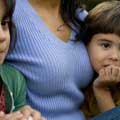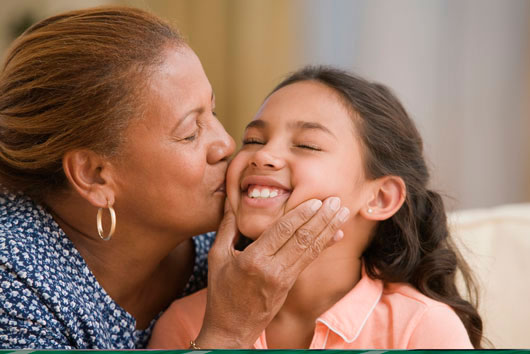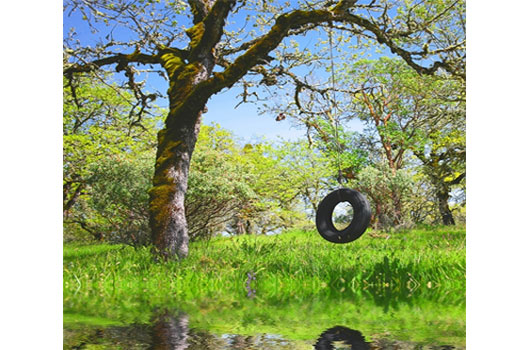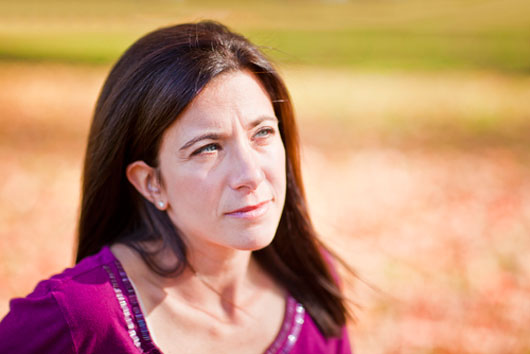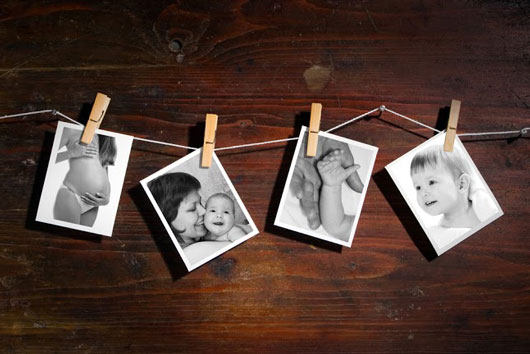
Aren’t you scared that he will want to meet his birth mother one day? I am sometimes asked this by well-meaning acquaintances or people who have reached out to me because they are interested in adoption. When I hear that question, what I hear more than just the words is the fear associated with it.
The truth is that I believe that if it is possible in a family’s situation—and every single adoptive situation is highly unique—to communicate with, meet, or know the biological parents or, at the very least have information about the biological family, it can be incredibly powerful. Knowing about one’s own history can provide a foundation for rooting, allowing one to better grow and flourish into the person one is meant to be.
Some ask: Won’t the child be confused? In fact, research shows that openness in adoption can increase feelings of belonging in children who have been through the adoptive process while developing a greater sense of their personal identity and wholeness.
Are you considering adoption and wondering about openness? Have you grown your family through adoption and are wondering how you might handle openness in the future? Want some guidance in thinking through what might be right for you and your family? Work your way through these tips to find the solution and approach that work for you and your family’s unique needs.
Learn more about openness. So much of the anxiety around knowing the birth mother is based more in myth and fear than reality, but you can’t know that without actively reading about openness in adoption. The Minnesota/Texas Adoption Research Project has a wealth of information. More general books on adoption can help, too.
Read Related: Top 10 New Mom Questions
Listen to your child and be willing to really understand his needs, fears, and motivations. Talk to others who have connected with birth families. Talk to a counselor experienced with adoption issues to better understand your feelings, to assess your family’s situation, and to plan accordingly.
Being given the opportunity to understand more of my own family story powerfully impacted me and gave me a sense of belonging and confidence at a time when I could have fostered more doubt. My wish for myself and my family is that we will be able to also give my son that ability to connect to his whole truth as he grows.
I am Puerto Rican, although I was born in Germany, the daughter of an enlisted soldier. We were there for two years before my dad’s next Army assignment brought us to South Carolina. When my dad retired, our family settled there to allow the children—especially me as the youngest—some stability for our education. For a long time, I was the only Puerto Rican girl that I or anyone else knew (other than my sister).
Because of my difference, my uniqueness, people were sometimes perplexed by me, by my story, by my lineage. What was Puerto Rico? Where was it? Was I really Puerto Rican if I was now living in South Carolina? And while the questions could have been a lot for a young girl to handle, my parents made sure that I was prepared to answer them. We spoke Spanish at home. Our Puerto Rican culture was a lived experience.We returned to the island to see all of our relatives for summers and the holidays.
And with each additional piece of information, each new visit, I grew more and more certain of myself. I could understand and claim “me,” even when others could not. What I learned was that it was my understanding who I was that mattered the most. If I knew who I was and understood some of my history, I could walk confidently forward. And that, as much as is possible, is what I want for my son.


